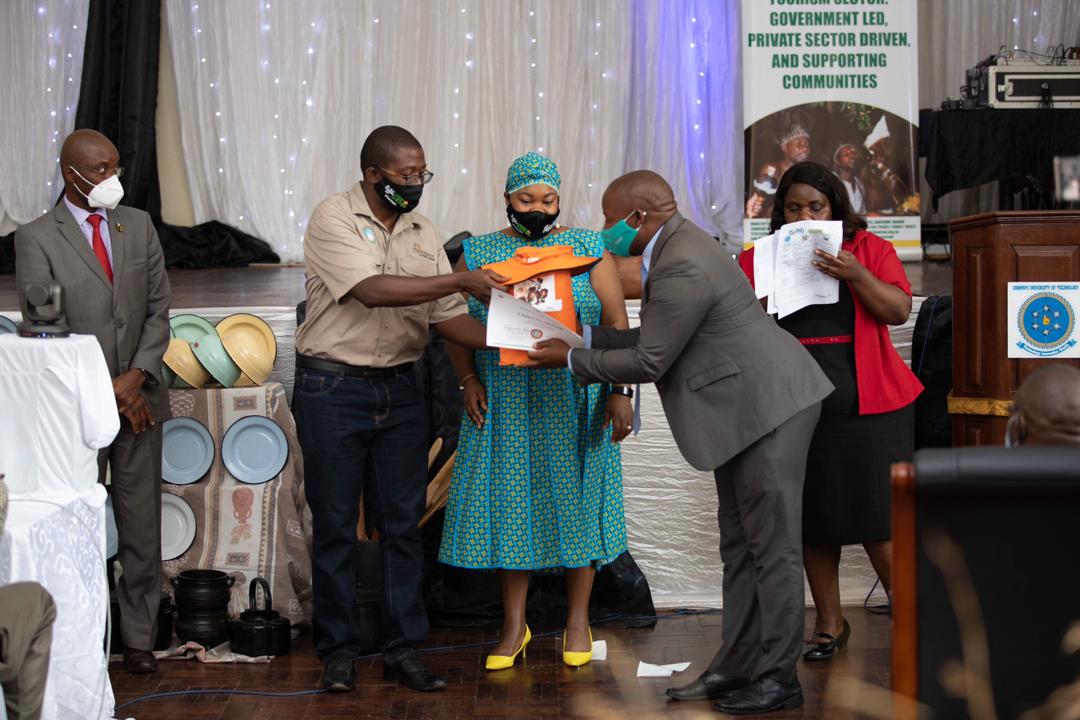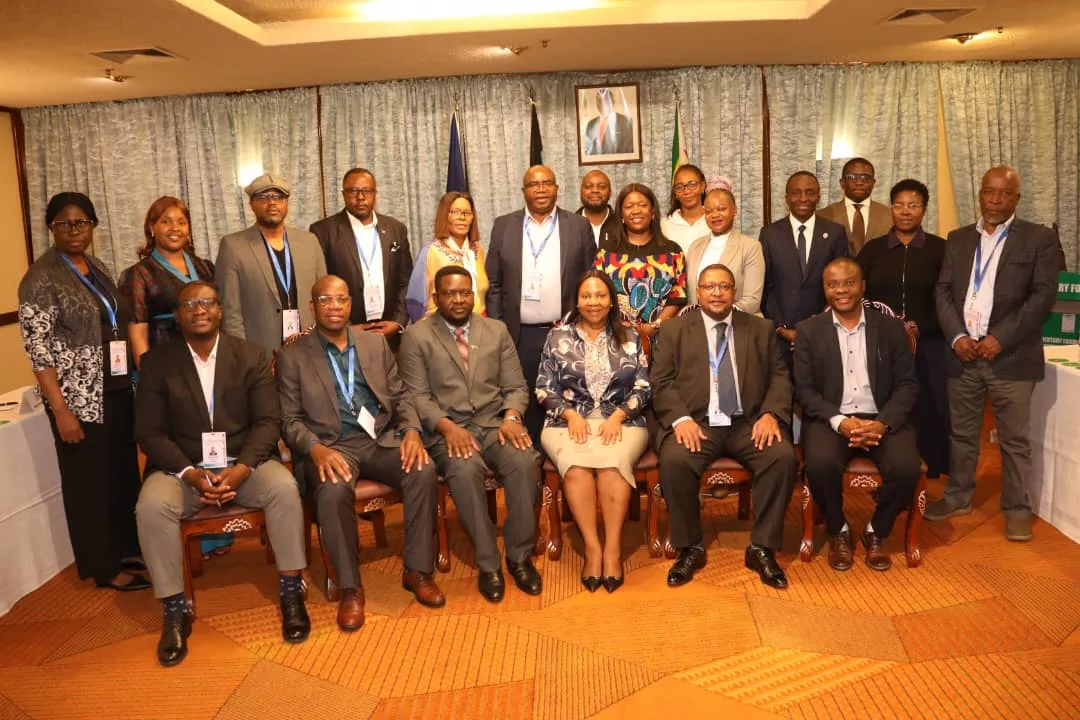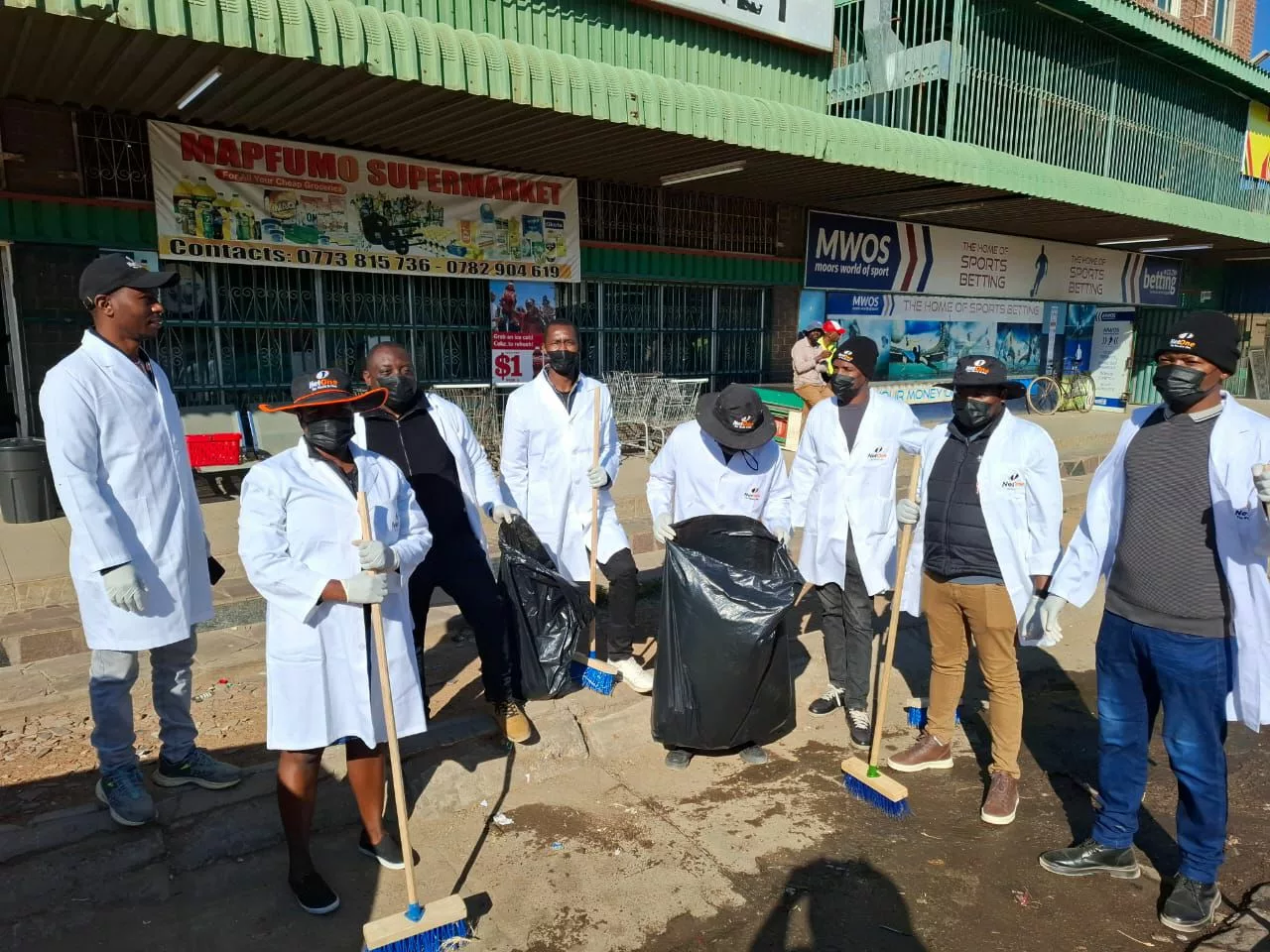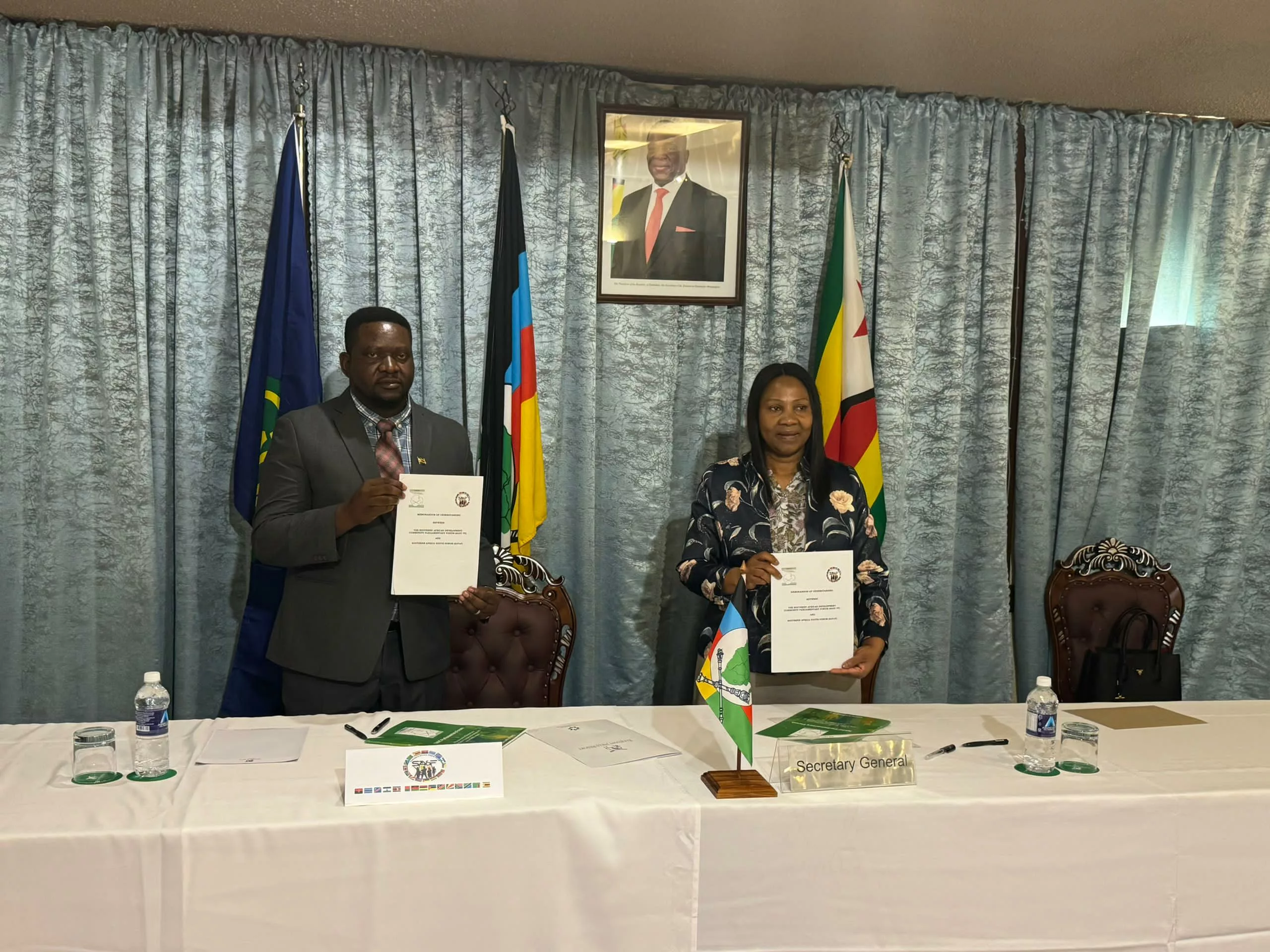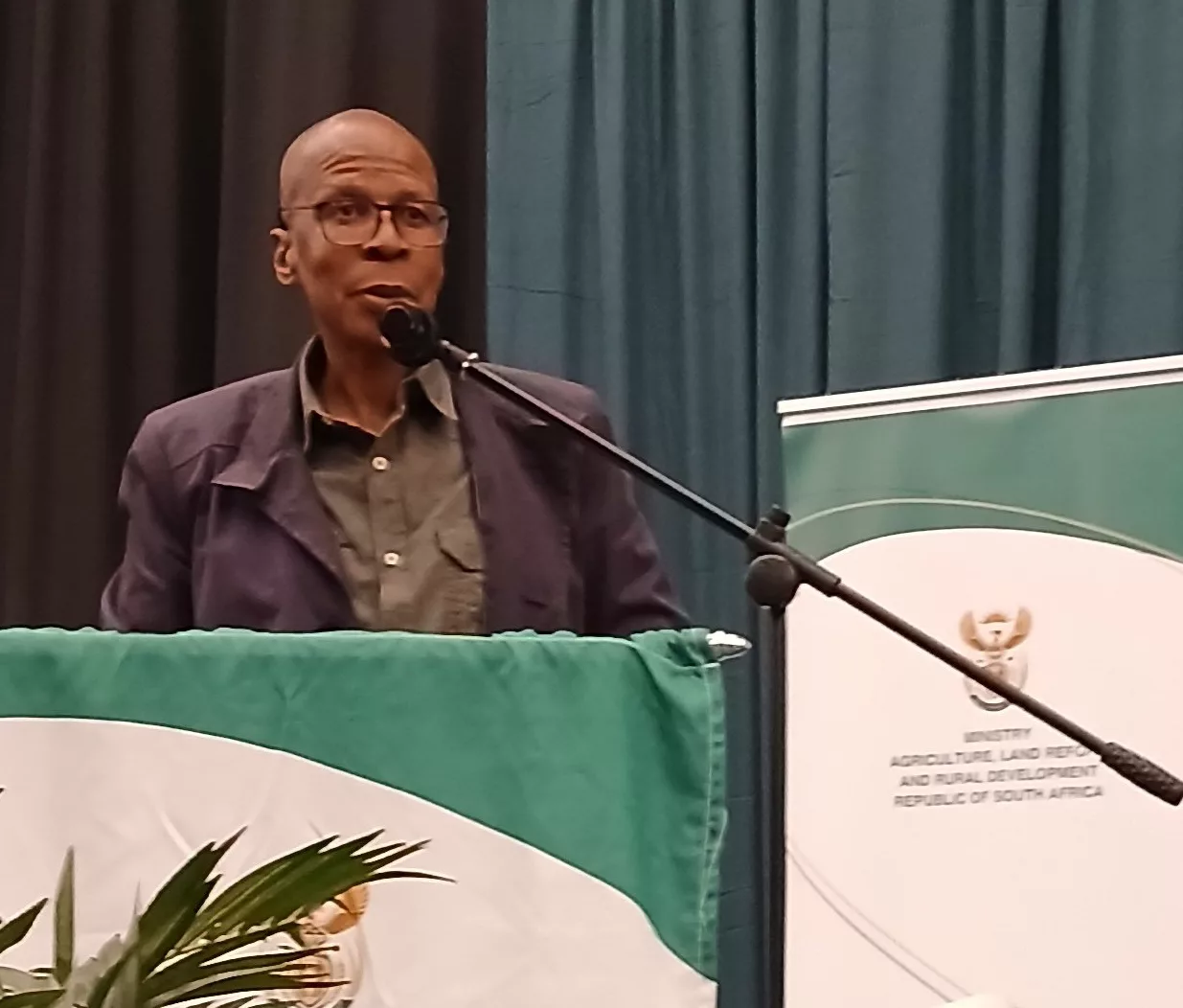Environment, Climate, Tourism, and Hospitality Industry Nqobizitha Mangaliso Ndlovu on Monday urged Zimbabweans at home and abroad to take up investment opportunities in rural service centres and position themselves for imminent growth and development.
Speaking at the occasion of the World Tourism Day Celebrations 2020 at Chinhoyi University of Technology, Ndhlovu said Government has begun to work on the identified nodes that will drive the growth of the Tourism sector.
These include the approval of the Victoria Falls-Binga Special Economic Zone by Cabinet, which will see ten nodes in this Special Economic Zone developed.
The government is also scaling up the development of an integrated tourism resort in the Masuwe area, a new resort in Binga, and an eco-Tourism Park in Sijarira Forest.
The proposed development in Binga includes the upgrading of the airport to improve accessibility in this resort.
“In addition, a new tourism resort will be opened in the Batoka area, where Government has since demarcated land for tourism development, in addition to plans to establish a new hydropower station,” Ndlovu said.
The Environment, Climate, Tourism and Hospitality Industry marked this years’ World Tourism Day Celebrations, by handing over the Kore Kore Cultural Village, to the Makonde community.
“The Kore Kore Cultural Village was funded by the Zimbabwe Tourism Authority as part of the Ministry’s 100 Day projects. This development is in line with this year’s theme of ‘Tourism and Rural Development’, which underlies the unique role that tourism plays in preserving cultural and natural heritage and providing livelihood opportunities outside urban settlements. I want to express my sincere and unqualified gratitude to the ZTA for this initiative which I believe is set to transform this province,” Ndlovu said.
“I hope the Kore Kore Cultural Village will feature prominently on the map of future tours to Chinhoyi along with the triangular movement of visits to Chinhoyi Caves, and the Chinhoyi Seven Memorial Park.”
Meanwhile, Ndlovu urged enhanced collaboration between the public and private sectors, to stimulate travel demand in the local, regional, and international source markets.
Monday’s celebrations were held under the theme “Tourism and Rural Development.”
The event afforded academics at the Chinhoyi University of Technology an opportunity to input into the national tourism discourse through candid and robust research papers.
Ndhlovu assured the academic community that their presentations will go a long way in informing innovative policy ideas and solutions for the betterment of the tourism industry.
Most tourism players throughout the country have now re-opened their facilities in strict compliance with the Covid-19 Health Protocols.
“While initial assessments we have carried out through the Zimbabwe Tourism Authority, indicate that occupancy rates in most hotels are still low, I remain hopeful that the situation will improve and the numbers will pick up,” Ndhlovu said.
“In this regard, I urge the players in the sector to come up with tourism packages that are affordable to the locals and tap into the domestic market which clearly they are ranging between 10-15%, with most resort hotels still to pick up due to subdued demand.”
Prospects for a rebound are on the horizon, more so given the decision by Government to allow intercity travel to resume.
“We are also encouraged by the opening domestic and international flights we expect to see a gradual improvement in hotel occupancies going forward,” Ndlovu said.
“In order to save and secure jobs, we need to enhance collaboration between the public and the private sector, to stimulate travel demand in the local, regional, and international source markets. I, therefore, make a clarion call to the tourism industry to come up with more packages and incentives to help stimulate tourism demand under this difficult period.”


